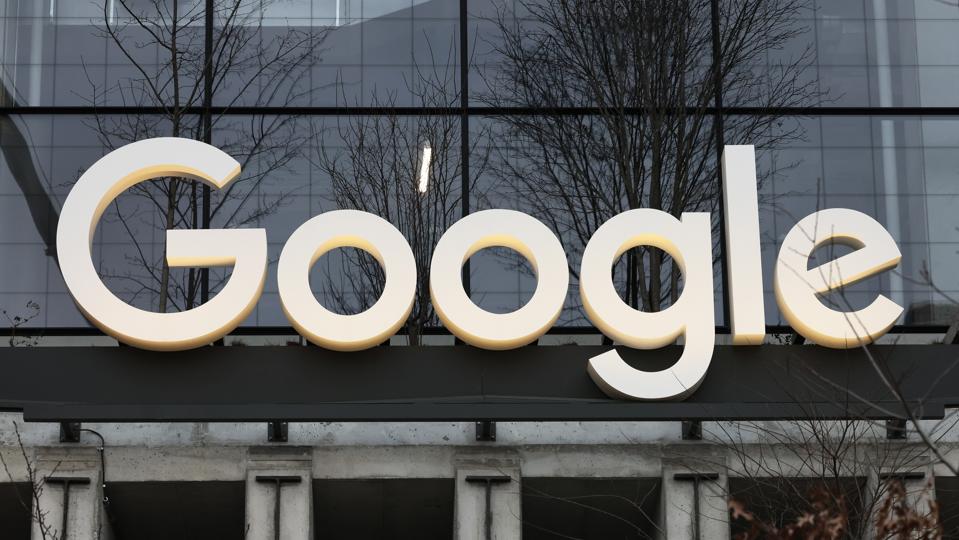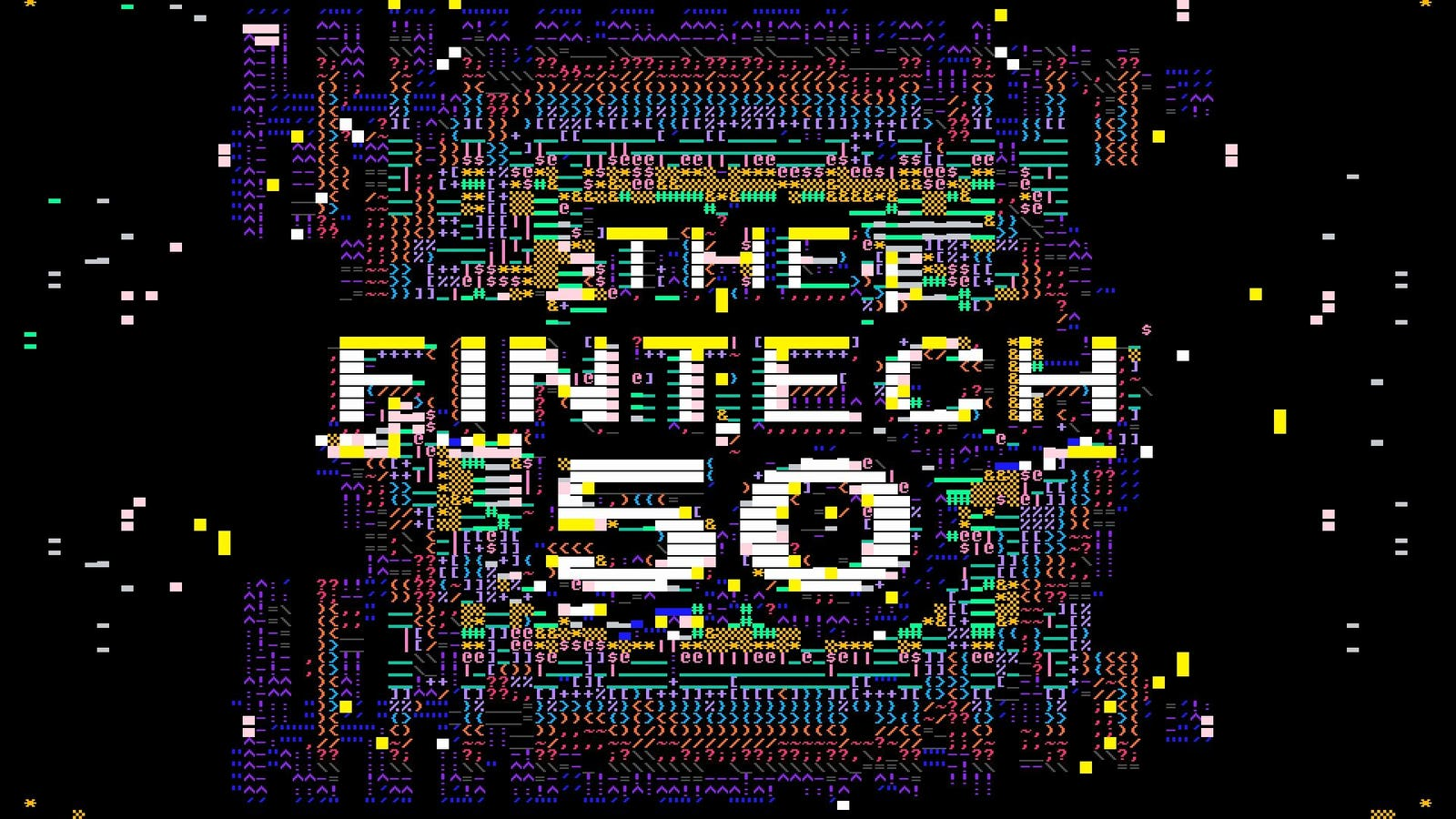Google returns to federal court today over allegations the tech giant has manipulated the online advertising market, with the Department of Justice pushing to break up parts of the company’s lucrative ad business—the latest challenge to Google following a landmark decision last month ruling Google held a monopoly in the search engine business.

A federal judge previously ruled Google violated antitrust laws while maintaining a monopoly with its search engine.
Getty Images
Key Takeaways
- District Judge Leonie Brinkema on Monday will hear opening statements in the trial, which the DOJ estimates will last about four weeks.
- The DOJ and attorneys general from eight states—including Virginia, California, New York and Connecticut, among others—sued Google last year, alleging the company has created a monopoly on digital advertising by acquiring the tools used to buy, sell and display ads.
- The DOJ alleges Google has manipulated market prices for display advertising—banner ads that appear on websites—by acquiring online advertising tech firms like DoubleClick and by developing services that allow ad buyers to target users, allowing the company to force publishers and advertisers to use its products.
- About 90% of online publishers are using Google to display their advertisements, prosecutors claim, though the company argues its competitors—including Meta and Amazon—have similar control over the market, and say ad buyers and sellers “have many options.”
- Google claims its acquisitions of ad tech firms did not initially face scrutiny and were approved by regulators, while Lee-Anne Mulholland, Google’s vice president of regulatory affairs, wrote Sunday the company will also argue the DOJ’s case will harm the digital advertising market by raising advertising fees.
- The DOJ is pushing for Google to divest from its Ad Manager suite, the company’s platform responsible for displaying ads that made an operating profit of $368 million in 2020, according to a financial statement provided to the court.
Big Number
$77.49 billion. That’s how much Google is expected to earn from digital advertising this year, representing about 25.6% of the overall market share, according to the market analysis firm eMarketer. Meta holds about 21.3% share of the market, followed by Amazon with 13.9%.
Who Will Testify?
Prosecutors said in court filings they may call on current and former executives from several companies that purchased ads through Google, including The New York Times, News Corp., Disney, Buzzfeed, USA Today, the Daily Mail and Vox. Neal Mohan, CEO of the Google-owned YouTube and a former vice president at DoubleClick, is expected to testify, CNBC reported.
Surprising Fact
Google has reportedly faced accusations the company deleted internal chat records that could have been relevant in the case. Brinkema said during a hearing last month “an awful lot of evidence has likely been destroyed,” adding it is a “very serious” issue for Google’s credibility in the trial. Google denied the claims and argued company policy requires employee chat records to be deleted, adding the DOJ was aware of this. Brinkema declined to sanction Google over the claims, though they will likely factor into how she considers the credibility of witnesses, according to the Wall Street Journal.
Key Background
The antitrust lawsuit—filed by the DOJ in January 2023—is the latest against Google in recent years, including challenges to its search engine dominance. Last month, Judge Amit Mehta ruled Google “is a monopolist” and had violated antitrust laws through “exclusionary agreements” that made Google’s search engine the default platform on most U.S. devices.
The DOJ and attorneys general from 11 states claimed Google had “monopoly power” with a more than 70% share of the search advertising market, with “barriers to entry” that prevented rivals from competing. Mehta is expected to rule on Google’s penalty next August. In December, Google agreed to pay $700 million to settle an antitrust lawsuit, which claimed Google forced app makers to use its payment system on its Play Store marketplace.
Tangent
The Biden administration has escalated antitrust lawsuits against big tech firms over the last year. The DOJ sued Apple in March, accusing the company of operating a monopoly over the smartphone market. Prosecutors claim Apple implemented practices that prevented customers from switching to a competitor’s device and competitors from offering competitive applications, like a digital wallet.
In September, the Federal Trade Commission sued Amazon and alleged the company was protecting a monopoly in online retail. The agency claims Amazon used a secret algorithm to determine how much to raise prices so competitors would follow, though Amazon has denied the claims. The FTC also sued Meta’s Facebook in 2021, arguing the company’s acquisitions of Instagram and WhatsApp added to a monopoly in social networking. Meta filed to dismiss the case in April, though a decision had not been made.
This article was first published on forbes.com and all figures are in USD.


